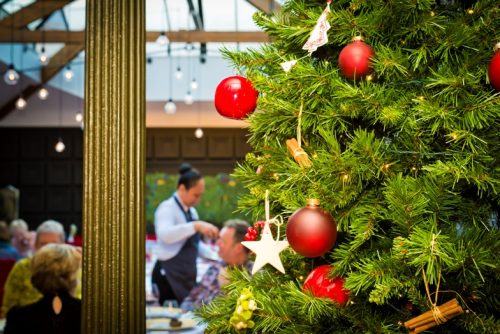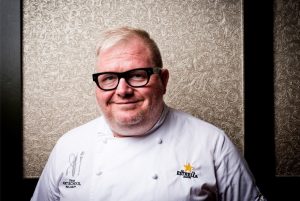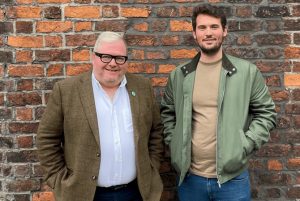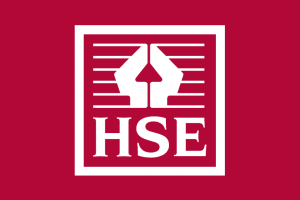Focus on staffing issues is vital to help recovery of hospitality sector

Paul Askew, Chef Patron of The Art School and Barnacle in Liverpool

Paul Askew
Since the start of summer we have seen how Liverpool’s hospitality scene has bounced back.
It’s in the city’s DNA and heritage which is all about going out and exploring and celebrating this vibrant scene in myriad ways.
Hospitality has always been an integral part of so much of the life and energy here, from food and drink to the festivals and clubs to the bars and cafes and hotels which bring in so many tourists and give the locality a vast array of things to do.
I have built most of my career in Liverpool and have proudly been part of its continued growth. There are so many inspiring people working here across the hospitality sector which combined make Liverpool what it is – a constantly evolving hotspot which for its intimate size offers so much – there really is a wealth of choice and creativity here which is fantastic.
There’s this incredible range of cuisine, from delicious street food and bustling food halls all the way to fine dining. Hospitality here is also a major source of business rates and the industry as a whole is one of the key engines of the economy.
But we still have to navigate some very tricky paths ahead.
The pandemic has been truly brutal on our industry. So the current recovery here, with the city thriving again, is essential to continue. At The Art School we have been busy since restrictions were lifted, with regular and brand new customers booking weeks and months ahead.
We are all in the business of bringing people together, be that two diners or a full private hire and everything inbetween – and either way it’s about being social. We are very much looking forward to a really strong Christmas – especially to make up for last year – and we are cautiously optimistic, but worries still remain for countless operators.
As an industry there are unprecedented pressures from many sides – the supply chain crisis, huge staffing issues to contend with and Brexit has, without doubt, caused a terrible impact on what was once a well functioning system of supply and demand.
And recently with the Budget, our calls to freeze VAT went unheeded which adds extra complexity. For example, you can buy ingredients which don’t have VAT then have to add it when they are turned into a an actual dish on the menu.

Paul Askew and Harry Marquart
Across the city and the country, there are still not enough people to fulfil the supply chain, to farm and pick the food and to even prepare it in the kitchens.
We grow so much wonderful produce on the doorstep here, we have all these farmers, artisans and specialists who are doing incredible things – I continue to champion them, too, as they are integral to what we all do.
And it’s the same all over, there is an abundance of incredible home grown UK ingredients yet, with the supply chain chaos, it’s made it so much harder for many businesses to get through what has already been a very challenging time with the pandemic.
And, as we see now this week, that’s far from over.
Retaining staff who are out there and also actively finding new staff to train remains a huge challenge, too. With Barnacle, our new restaurant in Duke Street Market’s mezzanine with Harry Marquart, Kieran Gill and Jake Lewis, we have recruited 16 members of staff into a great team to join us on our new venture.
There are many brilliant people who want to get back into the industry or join it freshly, but at the moment not enough.
More has to be done to from the top down to help hospitality recover fully across the entire industry, especially around training in colleges to find the next generation of talent who we want to develop at The Art School, Barnacle and for the wider hospitality industry across the UK.
Right now we have got some of the stars of the future like Beth Disley and Edwin Kuk at The Art School, and it’s my desire and drive to keep discovering and nurturing these brilliant young chefs.







